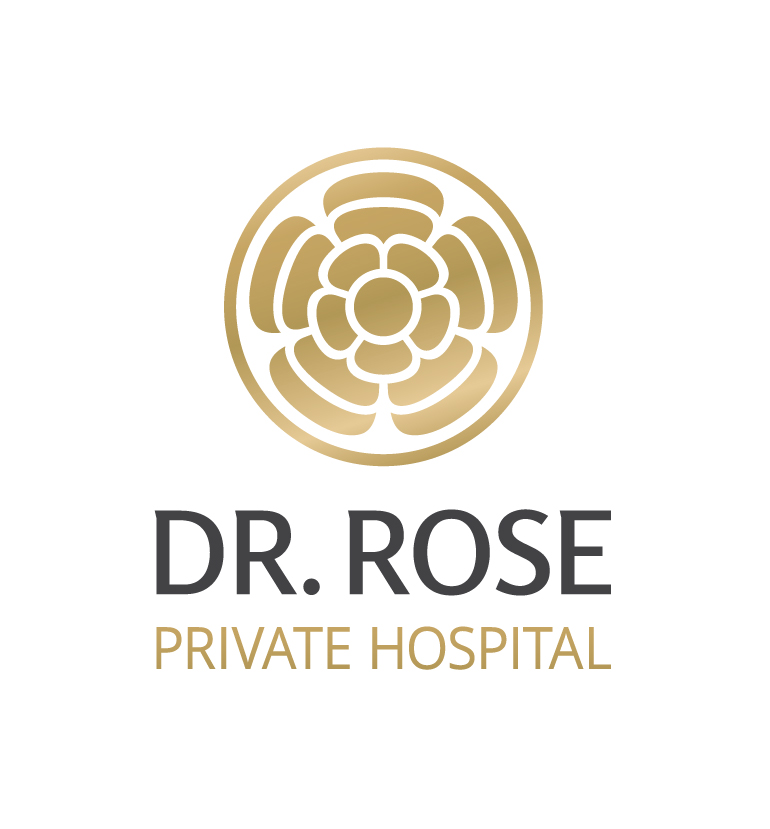'Meet Our Newest Pediatrician,' By Firstmed Budapest
- 8 Aug 2014 9:00 AM

She has a strong background working in an international environment after profession time abroad in Germany, Austria and Spain. I had some time to speak with her regarding her background, time with FirstMed and passions.
FM: Please tell us a little about your background and how you came to FirstMed?
JM: Since graduating from Semmelweis Medical University in 1996 I have been working in the university’s 2nd Department of Pediatrics in Budapest. A few years ago I was approached by another FirstMed pediatrician, Dr. Gabriella Bene, who was looking for my specialized opinion regarding a hematological problem of one of her patients. One could say I already knew some of my patients when I joined the FirstMed team last October. It is fortunate for me to have my time Monday afternoons to work as a pediatrician, which I very much enjoy, as this is the time when I get a chance to use my pediatric skills. There are only very few occasions I am referred to as a hematologist while on duty and even then it is only for consultation rather than as the lead physician.
FM: What’s different for you about working at FirstMed?
JM: I guess I don’t have a huge frame of reference as this is the first private medical center where I have the chance to practice. The main difference I can see is the workflow. While working at the hospital I typically have 3 hours to see about 22 patients — that’s one almost every eight minutes; in FirstMed the number of patients I would see over the same period is a maximum of six.
FM: Is that extra time important?
JM: Of course! During this time I am the one who is taking the medical history, drawing blood or giving vaccinations when needed. At my hospital post there are multiple staff members to do all these minor, but important steps. I think that by doing it myself I help to create a more empathetic attitude between myself and my ‘little’ patients which I know is very reassuring to them. Empathy and interaction, between doctor and child, is the reason that children are not as afraid of us in this environment and like to return when they are sick.
FM: So it’s rewarding to you on many levels?
JM: Yes, it feels especially good when a patient, or their parent, asks for me specifically they need to make their next appointment. I really find it satisfying to treat children from the German speaking community who that ask for me, since I am able to interact with them in their native language and don’t have to feel left out by not understanding the conversation.
FM: Hematology is simply the study of blood, you mentioned this is one of your specializations, do you see a lot of hematological diseases?
JM: At FirstMed I have a better chance of receiving cases that are not common among the Hungarian population given its international diversity. One example is when I had an African family visited me not long ago with due to their child’s illness. I found that some of the other family members experienced the same illness but with differing symptoms therefore I suspected that it was an inherited disease. As a result of my investigation we found the answer, and made the correct diagnosis. Inherited hematological diseases are rarely fatal, but they do require regular doctor’s visits to keep them at bay.
FM: What drew you to this specialty?
JM: I chose hematology because the connection with the children is very different given the chronic nature of this type of diseases. They require long follow-up treatments allow me to form closer bonds with my little patients and their families. Though consciously watching these boundaries, I am always glad when some of my patients send me their graduation photos, or relics of similar kind.
FM: Do you have any other interests?
JM: Besides academic medicine I am interested in the trilogy of mind, body, and spirit and the notion that health can only be obtained by treating those three in unison. Nowadays it is more and more accepted among doctors and at doctor training facilities, so much so that you can, for example, now sign up for classes in acupuncture at medical university. Some patients are open to and receptive of holistic medicine, which ignites a strong demand. This initiative cannot be ignored. We can resist, but the pressure is increasing, so it is best if we open up and start learning about the alternative ways.
If we think about it was not so long ago, when the village priest, teacher, and doctor, in unison, they were the ones who kept the population in good overall health. They knew the natural remedies, which, by the way, are widely used by pharmacology companies as raw material for most of our medications. I have chosen to get back to the roots, and I dedicate my free time to this field. A doctor, especially one with a holistic approach, can only be authentic, if they also take care of themselves. I like to refill my ‘energy tanks’ with regular runs around Normafa. There is a ‘special vibe’ that you can only experience if you go there. I encourage everyone to do so.
Dr. Judit Müller can be found treating patients in Hattyúház on Monday afternoons and early evenings. In addition to Hungarian and English, she also sees German and Spanish speaking patients as well.
Visit Firstmed Budapest online


























LATEST NEWS IN shopping